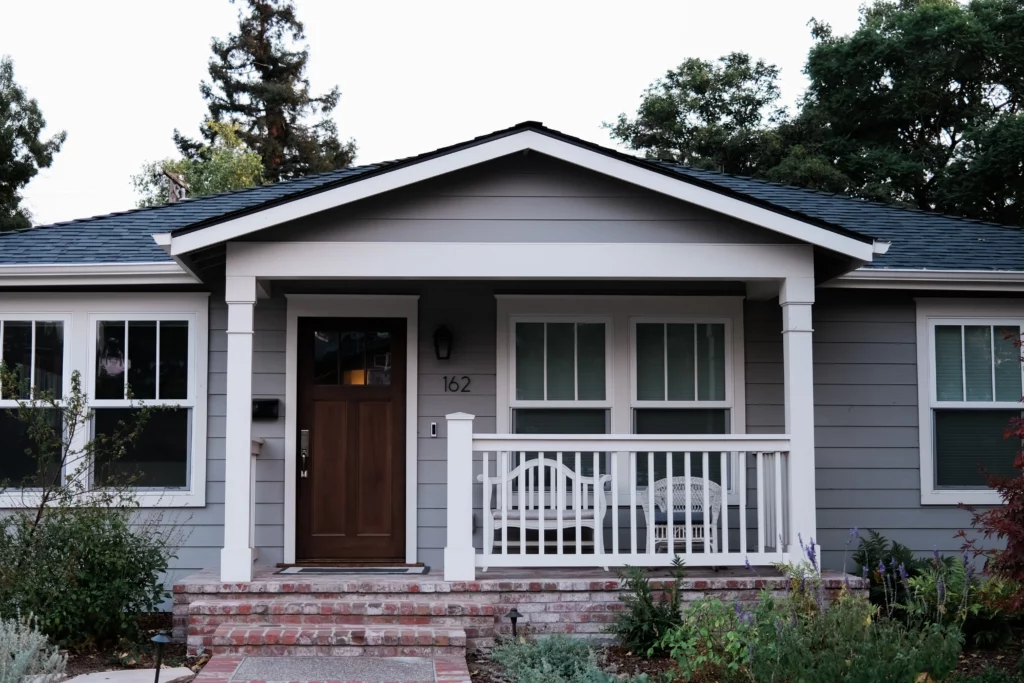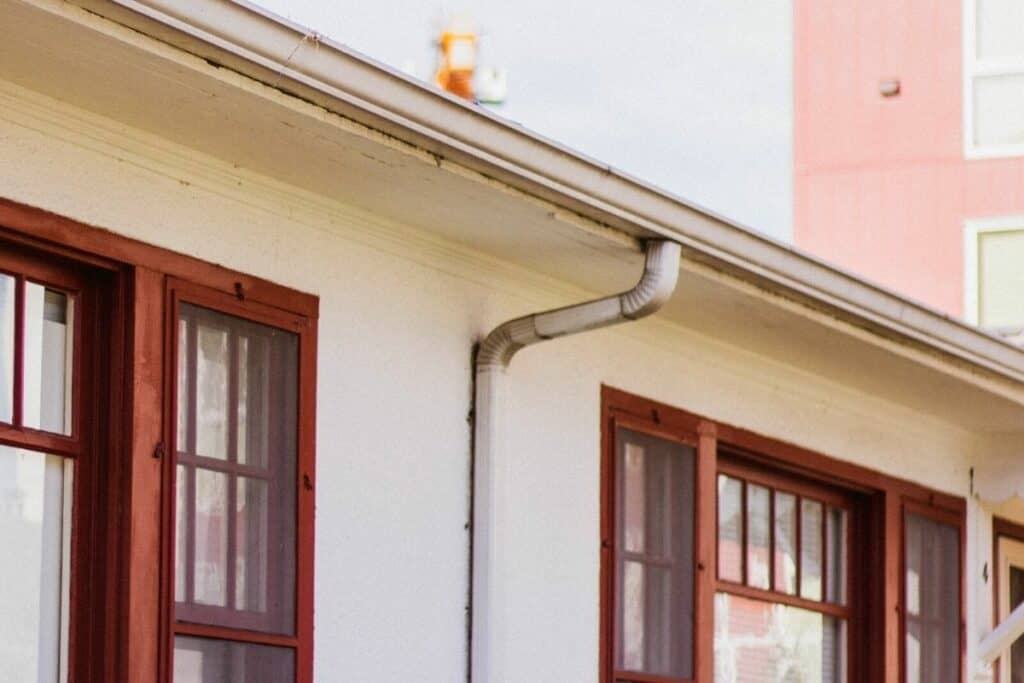Can You Get Rich from House Hacking?
Most people think of real estate investing as something that only the wealthy can do.
However, there is a way to get started in real estate investing that can be done by just about anyone – house hacking.
House hacking is when you live in part of a property that you own and rent out the other units. This can be done with a single-family home, a duplex, or even a small apartment building.
It can be an extremely effective path toward building large-scale wealth in real estate.
Let’s discuss.
Why House Hacking?
There are several benefits to house hacking.
First, it allows you to live for free or close to free. This is because your mortgage will be partially or completely covered by the rent you collect from your tenants.
Second, it gives you experience as a landlord and property manager. This is valuable experience that you can use if you ever decide to invest in larger multifamily properties.
It’s generally a great strategy for beginners.
But can you get rich by house hacking alone? Let’s take a look at the numbers.
How to Get Rich with House Hacking
Let’s say you purchase a duplex for $300,000.
You live in one unit and rent out the other. The rent from the tenant covers your mortgage payment, so you are effectively living for free, besides your utilities and some other variable expenses.
Because your housing payment is completely offset by your rental income, you are able to save an extra $1,500 per month.
That’s $18,000 in savings per year.
After a year and a half of saving, that’s around $25,000 in savings.
You decide to use those savings to purchase another property for $250,000. You do the same thing – live in one unit (or bedroom) and rent out the other(s) to where the rent offsets your mortgage.
Now you have two properties and are still living for free.
Every month, your loans get paid down.
And maybe the value of your first duplex has increased, so you have that extra equity to tap into.
You could continue this process, purchasing more and more properties until you have a large portfolio generating huge income.
The Snowball Effect
It might start slowly at first, but as you accumulate more properties, your wealth building will accelerate.
And as your portfolio grows, your rental income will continue to increase.
Your loans will get paid down faster and faster.
Your income growth will accelerate.
And so on.

The key is to start small and keep reinvesting your earnings.
If you do this, there is little reason why you couldn’t become a millionaire through house hacking. It will just take time and careful planning.
Slowly But Surely
The real key to getting rich from house hacking is to reinvest the money you save from living for free into purchasing more rental properties.
If you can do that, you will build up a large portfolio of income-producing assets that can make you rich.
Buying just 1 property a year can quickly add up. The hardest part is landing that first one.
If you manage to buy just one $300,000 property every year for 5 years, you’ll have a $1.5 million real estate portfolio.
That’s especially obtainable when you can rely on great, owner-occupied financing.
It might start out slow, but consistent education and effort will get you there.
Things to Watch Out For
While you’re building your portfolio via house hacking, you may be limited in the amount you can borrow for each property.
This is because lenders typically only allow you to borrow up to approximately 45% of your annual income depending on the loan programs you are using.
Thankfully, lenders generally factor in the rental income that will be generated by any extra units in the property, so this shouldn’t be too big of an issue.
Though each loan program has its own loan limits as well. So even if your income is high enough to afford the potential loan payment, the lender might be capped out in the amount they can lend on a more expensive property.
This could slow the process down significantly if you’re not careful.

Also, with owner-occupied financing, you’ll likely have to live in the property for at least 1 year before you move out and rent the whole thing.
You can still have tenants while you’re living in it, but you’re going to have to live in at least part of the building. You can’t lie to your lender to qualify for owner-occupied financing just so you can take advantage of the lower down payments and better terms.
So watch out for lender restrictions and any other restrictions against house hacking.
Additionally, make sure to carefully screen your tenants and make sure you have a solid lease agreement in place.
Bad tenants can damage your property, not pay their rent, and generally make your life difficult.
It can be a nightmare if you’re not prepared for it.
Finally, avoid overleveraging yourself. This strategy tends to use a lot of debt, so be sure to maintain adequate reserves to weather a potential storm.
Things will come up. Be ready to address them.
House Hacking Teaches the Fundamentals of Real Estate Investing
If you want to scale a rental property portfolio, house hacking is a great way to learn the business.
You will get first-hand experience dealing with tenants, fixing up units, and managing a property.
All of these skills will be invaluable as you continue to grow your portfolio.
By house hacking, once you start buying larger properties, you’ll be a lot more comfortable in facing the challenges of real estate investing.
And when you’re more comfortable, you’ll be able to take on more risk or deal with trickier deals – and that’s how you make the big bucks.
Conclusion – Can You Get Rich from House Hacking?
So, yes – you can get rich from house hacking.
It might take some time and effort, but it is certainly possible.
If you are willing to put in the work, house hacking can be a great way to build wealth.
Of course, there is no guarantee that you will get rich from house hacking. It takes time, patience, and discipline to grow a portfolio of rental properties.
However, if you are willing to put in the work, house hacking can be a great vehicle for it.
This website, and any communication stemming from it, should not be taken as financial or legal advice for your specific situation. Consult directly with a licensed financial professional should you need investment advice and consult directly with a licensed attorney directly should you need legal advice. Assume all links are affiliate links. I am an Amazon affiliate.


